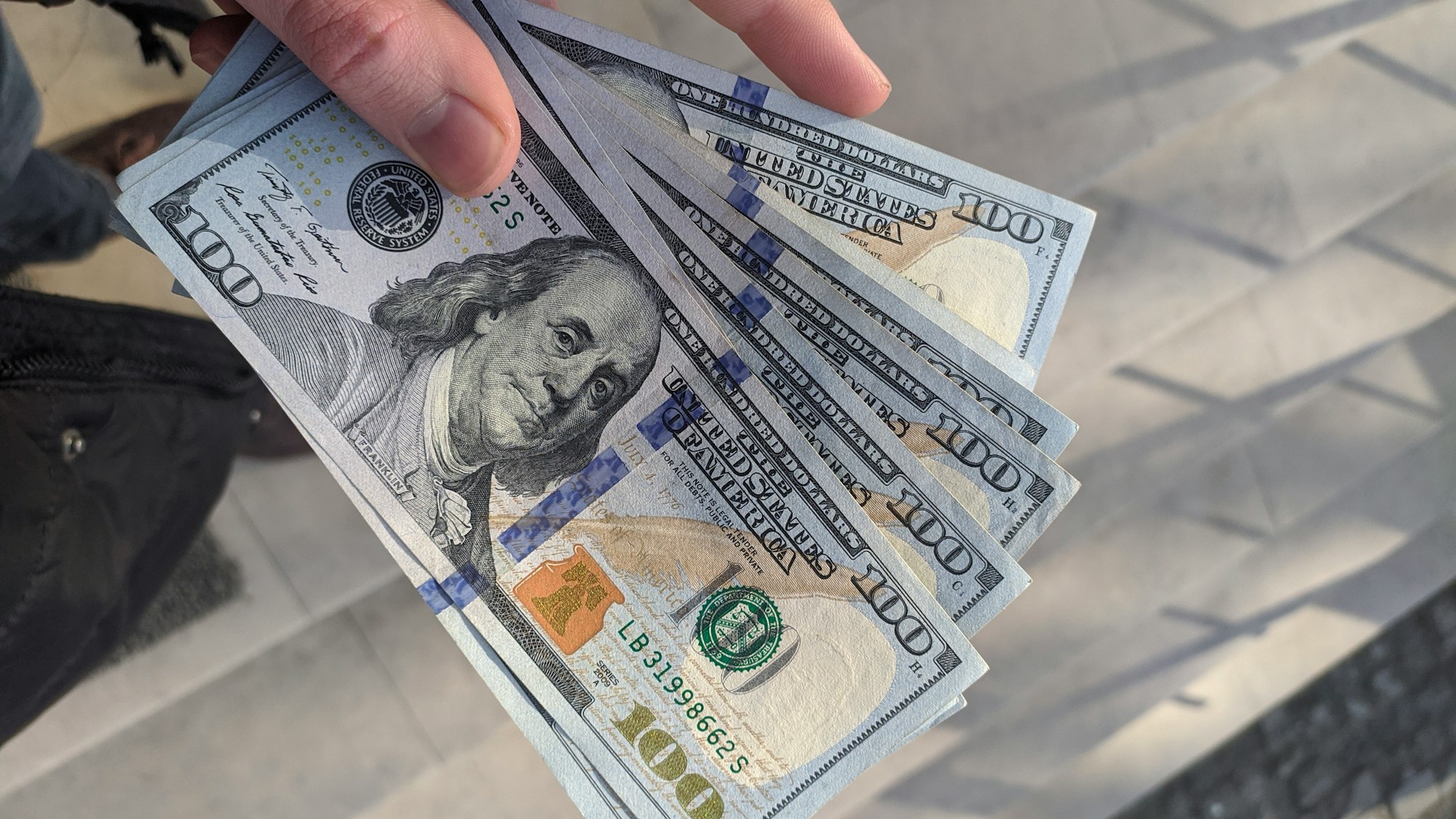Nothing protects your future finances better than having a large emergency fund to take care of any unexpected expenses. These accessible savings or checking accounts can cover anything from serious car repairs, medical bills, a broken washing machine, or all of your living expenses if something happens to your job. If you have limited disposable income, starting an emergency fund may feel like an impossible task. These five tips will help yours grow so you can protect your financial future and stay out of debt.
Ready to start an emergency fund? Check out our recommendations for the Best Banks
Tip #1 – Open a New Dedicated Bank Account
It is much easier to avoid spending money in an emergency fund if you keep it separate from other savings or checking accounts. Look for options with no minimum balance requirement and no fees so you do not compromise your ability to save. Keeping track of your money and savings goals is an important part of having a workable budget.
Tip #2 – Pay Yourself First with Every Paycheck
Whether you have direct deposit or go to your bank every other week to put in a paycheck, you can also set up an automatic transfer from your main account to the dedicated emergency fund one. Pay yourself with this deposit before you pay any other bills, buy groceries, or spend money on entertainment or splurges. Even if you start with ten dollars each time, it is a guaranteed way to start building savings dedicated to emergencies.
Tip #3 – Create a Budget and Cut Expenses
The easiest way to save is to cut expenses and put the newfound money straight into your emergency fund account. First, create a budget by listing all of your income and expenses for an entire month. Factor in things like smart saving plans for regularly occurring home and car maintenance and other planned costs. Then, see where you can cut your bills or shopping money to put more away for unexpected expenses.
Tip #4 – Deposit Small Savings From New Frugal Habits
How can you get more money in your emergency fund as quickly as possible? Besides cutting regular expenses, like choosing a less-expensive cell phone plan, also adopt frugal habits. These include things like making lunch at home and bringing it to work rather than eating at a restaurant, and coupons at the grocery store, and only shopping for needed items when they are on sale. Calculate your savings from each change, and deposit that amount into the fund.
Tip #5 – Define Clearly What an Emergency Is
One of the most important things to do when starting an emergency fund is to have a clear picture of what constitutes an emergency. This requires planning and responsibility to prevent you from dipping into this account for random purchases or expenses that you should have expected. For example, regular maintenance expenses for your car are not emergencies. You should have planned for them in your budget. However, running over a nail and needing a new tire before it wore out is an emergency.
Once you put all of these tips into practice, you will see your emergency fund start to grow quickly. Although it is best to save a minimum of three months of expenses, having more on hand is a great option. At first, it may seem difficult to make these changes to your spending and saving habits. If you need a new tire for your car, have to fix a broken stove, or pay for emergency dental care for a chipped tooth, you will thank your past self for all of the smart planning.
Start your emergency fund today with one of Cashtelligent's Best Banks


CASHTELLIGENT RECOMMENDED thumb_up